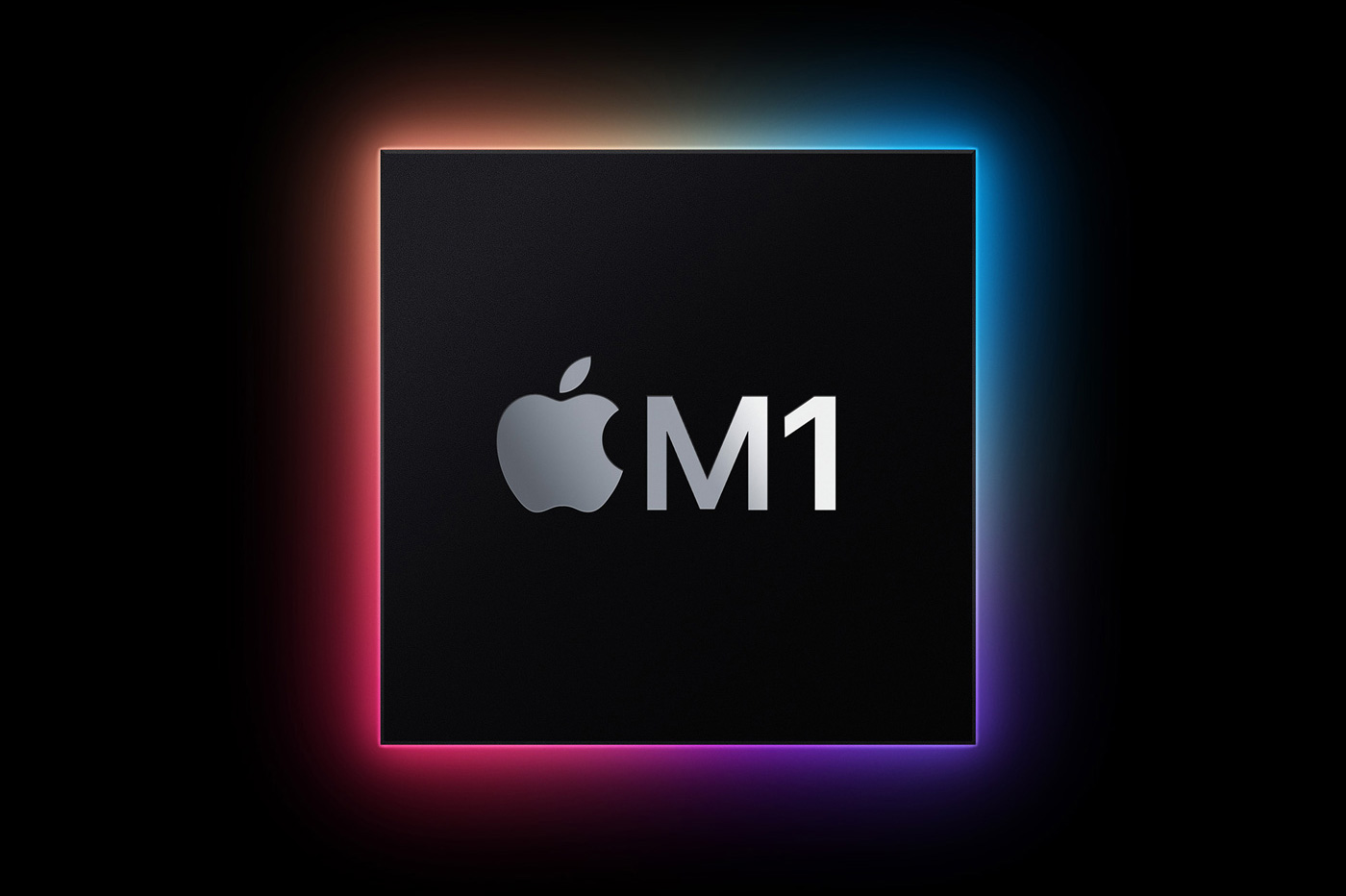
Like the other sectors, FARMA is witnessing a profound transformation that affects fields such as digitization, new business models and the development of new types of drugs. All this reduces development times, promotes precision medicine and strengthens regulation, which causes a greater demand for new professional profiles and highly sophisticated talent, says Isabel Echevarría, head of the Life Science area at Catenon.
In this horizon there is a before and an after, marked by the SARS-CoV-19 virus pandemic where this industry was able to launch different vaccines to the market in previously unimaginable times, which demonstrated that other rhythms are possible in the time to make.
«Talent, modernization and differentiation, in addition to adaptation to regulatory standards, define the market for qualified positions in the sector and unleashes a great active and imminent search for talent.“, they indicate from the consultancy.
According to the consultancy, the new organizational and business models in the sector require responding to issues such as product repositioning, new channel development, effective management and care for decision-makers, and compliance with multiple and complex legal and regulatory requirements. . Innovation and agility must extend to strategies, processes and people, based on technology and talentto offer the highest quality in the customer experience and improve efficiency.
In this context, the strategic areas on which the new models are based and which demand more professionals are those of Digital Marketing, Market Access, Medical Affairs, Legal & Compliance and Regulatory Affairs. “This is a sector that continues to be inbred and in general there is a reluctance to attract talent from other sectors, when for some positions, such as the most digital or with more creative components, talent from other sectors that are more advanced in these areas could be attracted”according to Isabel Echevarría.
Covid changed the paradigm
Covid-19 highlighted the serious gaps between different healthcare systems and the importance of equity, the vulnerability of supply chains, the acceleration of digital ecosystems and the need for healthcare transformation.
The innovation it is key to being able to navigate and adapt to this changing landscape, and the pharmaceutical industry has demonstrated this. Subject to strict quality requirements and approval processes, with rigid work methodologies that result in long lead times for drug development and commercialization, Since the start of the pandemic, it has launched into the race to manufacture new medicines, rapid diagnostic tests and vaccines in record time. Thanks to the application of novel methods, such as mRNA technology, genomic sequence vaccines were developed in less than a year, drastically shortening a process that takes an average of four to seven years.
This change has allowed locate 9 pharmaceutical companies -6 more than in the previous year- in the ranking of the 50 most innovative companies. However, commitment and investment are not enough to generate real value. 31% of companies say that inefficient collaboration between their marketing teams and their research and development (R&D) teams is the main obstacle to a greater return on their investment in innovation. A percentage that rises to 42% in the case of pharmaceutical companies.



